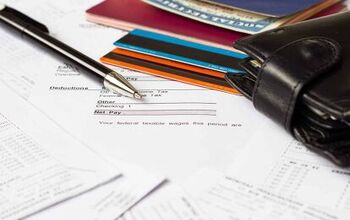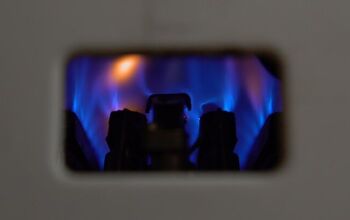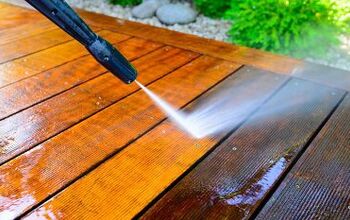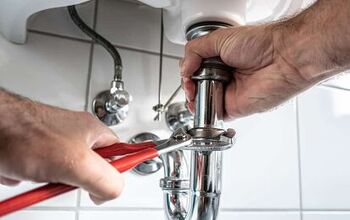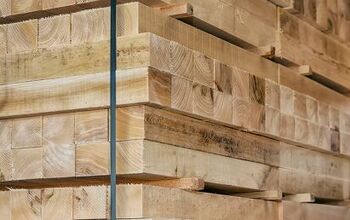Why Is My Gas Bill So High?

Besides cold weather, high gas bills are what many people dread the most about the winter. However, high gas bills are possible year-round if you use many gas-run appliances. So, you may ask, why is my gas bill so high?
High gas bills are common with outdated boilers, furnaces, and water heaters. A malfunctioning thermostat can also cause high gas bills, as it may make your furnace short cycle. Long showers, poor insulation, and gaps in your windows and doors can also strain your gas appliances and cause high bills.
It’s worth investing in yearly HVAC maintenance to avoid many common furnace and boiler problems. You can also avoid high gas bills if you improve your home’s insulation. Follow along as we explore why your gas bill is so high.
10 Reasons Why Your Gas Bill Is So High
1. Old Appliances
Whether it be your stove, furnace, or boiler, old appliances simply cannot work at full capacity. Old HVAC systems must work much harder than they used to, but the results aren’t as good. For example, the typical furnace lasts 15 to 20 years.
A well-maintained furnace can sometimes last longer, but the performance is typically poor. Similarly, you must replace a gas stove every 15 years before the performance is reduced. Holding onto outdated gas appliances can lead to overpriced gas bills.
It’s also recommended that you service your gas appliances yearly and as needed.
2. Overheated Water Heater
At what temperature did you set your water heater? Overheating your water heater can cause plumbing damage and explain why your gas bill is so high. You also risk getting scalded from your water heater if it leaks when it’s set too high.
Ideally, you should set your water heater to 120 degrees to maintain an affordable gas bill. However, many water heaters have a standard temperature of 140 degrees. While you can run a water heater at 140 degrees, it’s not typically necessary or worth it.
3. Clogged Furnace Filter
It’s all too easy to neglect your furnace filter. Failure to routinely replace your furnace filter can cause many problems, including high gas bills. Clogged filters strain furnaces and make them work much harder than they otherwise would.
Check your furnace filter monthly to see how dirty it is. Furnace filters typically last for 30 to 90 days before they must be replaced. Check your current air filter to see what size it is, and buy a few replacement filters.
That way, you can stick to a 1-3-month schedule of replacing the filter. Some pleated filters last up to 6 months, but you should check them regularly. Look for a 4”-5” filter if you have allergies and your home is quite dusty.
4. Cold Weather
You can expect your gas bill to spike in the winter, especially in particularly cold climates. Gas bills double or triple for many people throughout the winter. People naturally adjust the thermostat and run the furnace throughout much of the day.
You can save money if you only run your furnace for 10 hours or less each day. Not only will this lower your bill, but it can also save your furnace from unnecessary strain. Many modern thermostats are easily programmable and include energy-saving features.
Program your thermostat to run for 8 to 10 hours per day. After that, you can use a space heater or bundle up in comfortable clothes to stay warm.
5. Long Showers
It’s tempting to take showers that are longer than 15 minutes. However, doing so can increase both your gas and water bills. Showering typically goes through 2.5 gallons of water per minute or over 37 gallons for 15 minutes.
This also comes out to up to 20 therms of gas per hot, 15-minute shower. This adds up quickly if you make a habit of showering for over 15 minutes. That doesn’t mean you can't ever take long showers, but that gets expensive when it becomes the standard.
6. Window And Door Gaps
Many homes have door and window gaps, or cracks that let cold air into your home. Not only does cold air come in, but warm air goes out through air leaks. This ultimately wastes the warm air coming from the furnace and increases your bill.
Your furnace will continually run if your home won’t stay warm because of an air leak. This strains your furnace, as it may run day and night if you have a significant air leak. Check your doors and windows for gaps and cracks that may let cold air in.
It’s worth installing door sweeps to close the gaps beneath your doors. You may also need to caulk the gaps around your windows. Otherwise, it’s worth replacing your windows if they’re old and in bad shape.
7. Bad Thermostat Habits
Resist the urge to constantly adjust your thermostat if you have high gas bills. Doing so can increase both your electric and gas bills. This causes your AC or furnace, depending on the time of year, to frequently start and stop.
The frequent stopping and starting can strain your furnace and wear it out. This can eventually hinder your furnace’s performance. It’s just as bad to frequently adjust a thermostat when running the AC.
You can protect your HVAC system, including your thermostat, boiler, and furnace if you only adjust the thermostat once daily.
8. High Utility Rates
Unfortunately, many utility rates, like power and gas, continue to rise. Natural rates are increasing throughout the United States. You can find out if your gas rate increased by looking at your bill.
Otherwise, you can call your gas company or contact them via email to find out. Utility companies typically notify customers when their rates increase. Some utility providers also offer payment plans and discounted rates based on income that are worth looking into.
9. Poor Insulation
Much like door gaps and cracks, poor insulation can make your gas appliances work overtime. Inferior insulation can lead to air leaks and problems with moisture in your house. Your home will also struggle to retain heat if you have weak insulation or none at all.
This can cause your furnace or boiler to constantly run to keep up with the cold air, which can strain your appliances. According to the Department of Energy, you can save 20% on HVAC energy costs with insulation. Fiberglass insulation is the favorite of many contractors and homeowners alike.
10. Outdated Thermostat
Your furnace and boiler may be fine but you’ll still get high gas bills if you have a bad thermostat. A damaged and outdated thermostat won’t work correctly and can cause high gas bills. Thermostats typically last 10 years before you notice performance issues.
Your thermostat may also perform poorly if the batteries are nearly dead. Modern thermostats typically display a message or beep when the batteries are getting low. However, that’s not the case with most outdated thermostats.
Ideally, you should replace your thermostat’s batteries yearly to avoid performance issues. It’s also worth upgrading to a smart thermostat to save money on your gas and electric bills.
Summing It Up
Your gas bill may be high because your furnace, boiler, and water heater are outdated. High gas bills are also common if you have lots of deferred maintenance for your gas appliances. Air leaks from door gaps and window cracks can strain your appliances and increase your gas bills.
Related Guides:

Nick Durante is a professional writer with a primary focus on home improvement. When he is not writing about home improvement or taking on projects around the house, he likes to read and create art. He is always looking towards the newest trends in home improvement.
More by Nick Durante












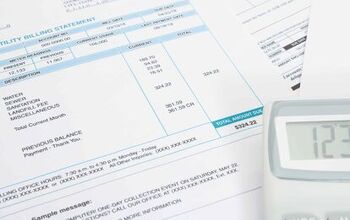
![Finishing Basement Without Permit [Is It Really Illegal?]](https://cdn-fastly.upgradedhome.com/media/2023/07/31/9070078/finishing-basement-without-permit-is-it-really-illegal.jpg?size=350x220)


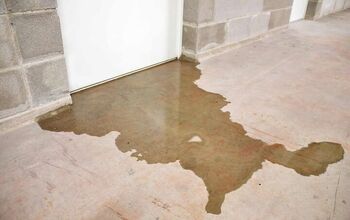

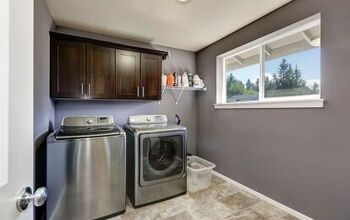
![Standard Dining Room Table Dimensions [for 4, 6, 8, 10 and 12 People]](https://cdn-fastly.upgradedhome.com/media/2023/07/31/9074335/standard-dining-room-table-dimensions-for-4-6-8-10-and-12-people.jpg?size=350x220)
